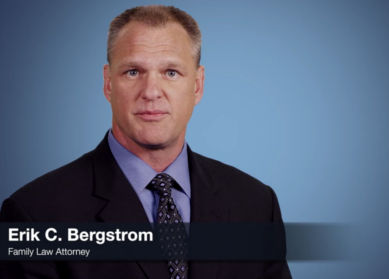Scottsdale Divorce Property
In Arizona, property is characterized as community or separate property, as well as joint or common property. The legal characterization of your property may have a significant impact on the course decisions regarding possession, management, or control of the property, as well as division or disposition of the property.
The term property generally refers to all forms or real and personal property including but not limited to: real estate, including homes and undeveloped land, bank and other financial accounts, IRAs, 401(k)s, pension plans and other retirement accounts, stock options, vehicles, and other personal property items. Here’s how community and separate property rights are defined by statute. Community property generally describes all property acquired by either spouse during the party’s marriage.
Typically, it does not matter whether the property’s titled in one or both spouses’ names, so long as the property was acquired by either spouse during the marriage. The most significant exceptions to this general community property rule pertain to property acquired by gift to a particular spouse or through a spouse’s inheritance during marriage. Spouses generally have equal management, control, and disposition rights over their community property.
Separate Property
Separate property generally describes a spouse’s property which is owned by that spouse before marriage or is acquired during marriage by gift or inheritance, and also includes the increase, rents, issues, and profits of that property. In addition, property which is acquired by a spouse after severance of a petition for dissolution of marriage, legal separation, or annulment is also the separate property of that spouse, if the petition results in a decree of dissolution of marriage, legal separation or annulment. Each spouse generally has the sole management, control, and disposition rights of each spouse’s separate property.
By: Kevin Park










